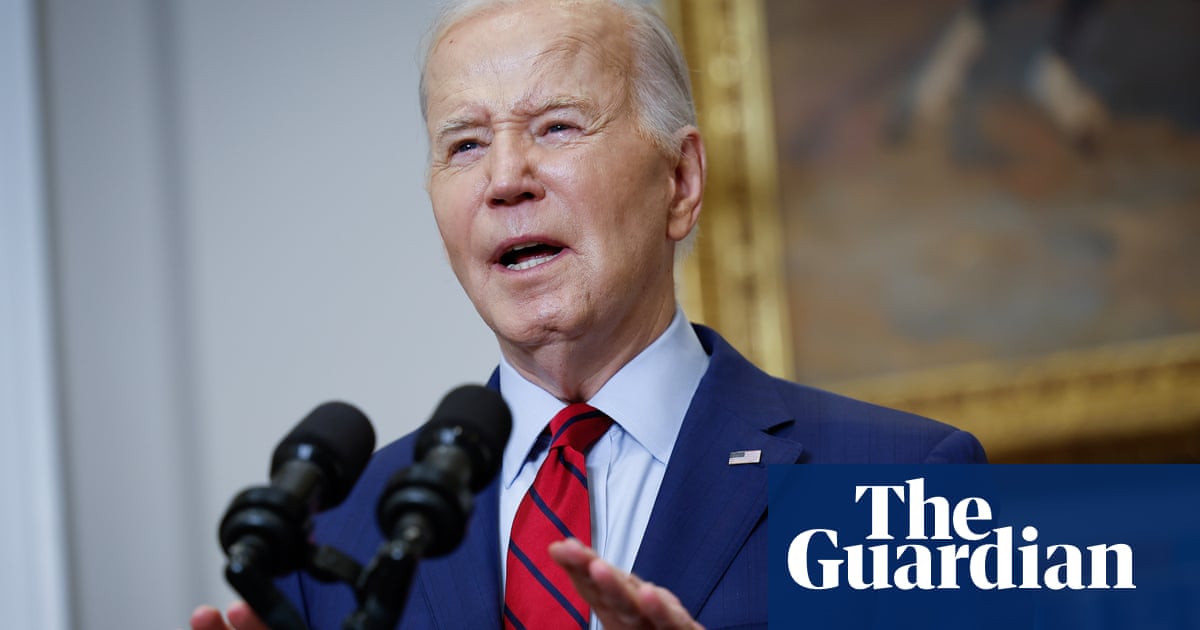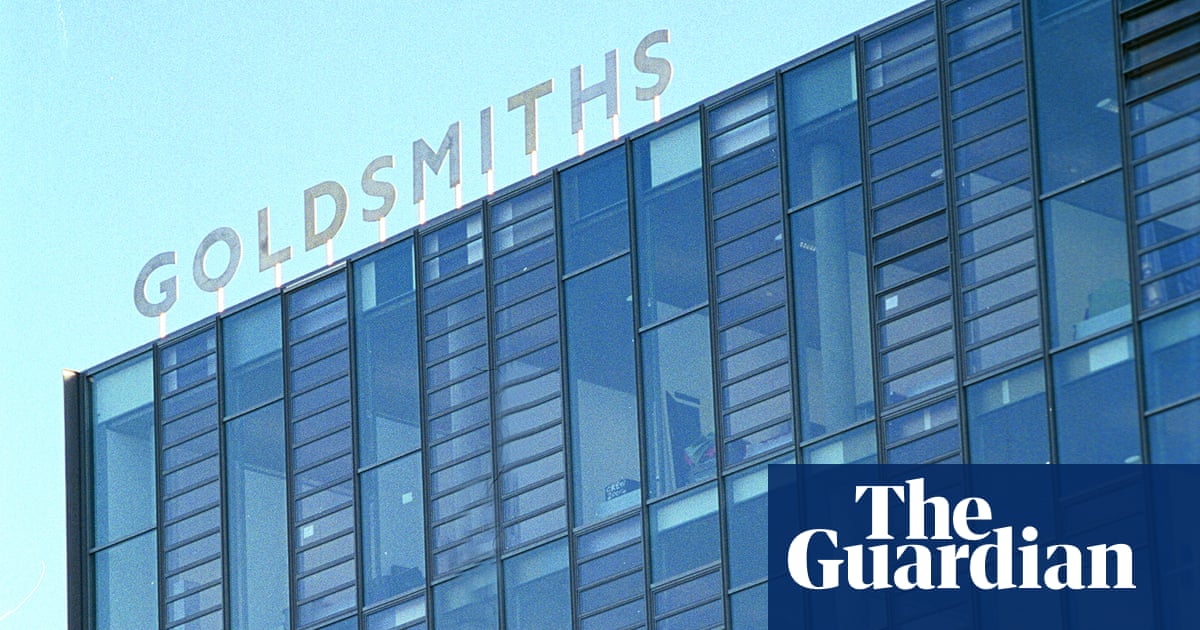
Recent cuts to arts funding are part of “an agenda of cultural vandalism” that benefits only a wealthy few, the actor Juliet Stevenson has said, at a protest over plans announced by Arts Council England (ACE).
Stevenson was one of hundreds of people, including the former shadow chancellor John McDonnell, who demonstrated outside the Department for Culture, Media and Sport (DCMS) on Tuesday in response to the cuts.
Earlier this month, ACE announced it was slashing £50m a year from arts organisations in London in its 2023-26 settlement to fulfil a government instruction to divert money away from the capital as part of the levelling up programme.
A number of UK arts organisations have also been removed entirely from its national portfolio – meaning they have lost 100% of their guaranteed funding. These include English National Opera, Donmar Warehouse, Oldham Coliseum, Hampstead theatre, the Watermill, the Gate and the Regional Theatre Young Director Scheme.
“The government’s line that this is levelling up makes no sense at all,” Stevenson said. “Spreading slashed funding more thinly doesn’t help our economy or communities anywhere in the UK. This is an agenda of cultural vandalism to silence innovative work, attack terms and conditions, and throw arts funding into the hands of a wealthy few.”
According to Equity, the performing arts and entertainment trade union, which represents 47,000 members, while 70% of arts cuts fall within London, the overwhelming majority of organisations removed from the ACE portfolio fall outside the capital. Culture funding as a whole is also down 46% in real terms since 2005 and any increase of less than 10% is a real-terms cut.
Paul W Fleming, the general secretary of Equity, said: “ACE have been clear that the cuts they’ve brought are nakedly political. The language of levelling up is lipstick on the pig of austerity, an austerity which has led to half a billion pounds of cuts to arts funding since 2005 in real terms.
“When for every £1 invested in the arts, up to £8 is delivered back into the local economy, it’s offensive to every British taxpayer to claim this approach is necessary, needed or fair.”
The DCMS, he added, was “wrecking local economies” and “abandoning diverse audiences”.
A letter sent from the union to the culture secretary, Michelle Donelan, on Tuesday also emphasised the impact of cuts at English National Opera, one of the country’s cultural flagships – particularly on its chorus, who are permanent employees. “No plan has been put in place for them – a workforce who are the product of years of training, experience and expertise and who are not replaceable,” the letter says.
ENO has had its £12.8m annual grant slashed to zero, with the organisation told it must move outside London to qualify for future grants. ENO’s chief executive, Stuart Murphy, has written in the Guardian saying the decision will “decimate” the 100-year-old company.
“ENO was set up to make opera accessible to everyone, and we are a workforce who have dedicated our lives to the art form and to opening it up to diverse audiences,” Ron Nairne, ENO chorus and Equity member, said on Tuesday.
“The idea that our company could be broken up in a matter of months and the skeleton staff left forced to relocate far away from their homes, friends and families to keep their jobs is not only heartbreaking, but likely unworkable.”
Others at the protest included Chris Lawson, the artistic director of Oldham Coliseum theatre, Naomi Pohl, the general secretary of the Musicians’ Union, and Philippa Childs, head of Bectu, who said the government’s “shortsighted” decisions were “robbing Peter to pay Paul”.
The Labour MP Nadia Whittome added: “We shouldn’t be pitting theatre against theatre, area against area … We are fighting over crumbs when we should be demanding a bigger pie.”












